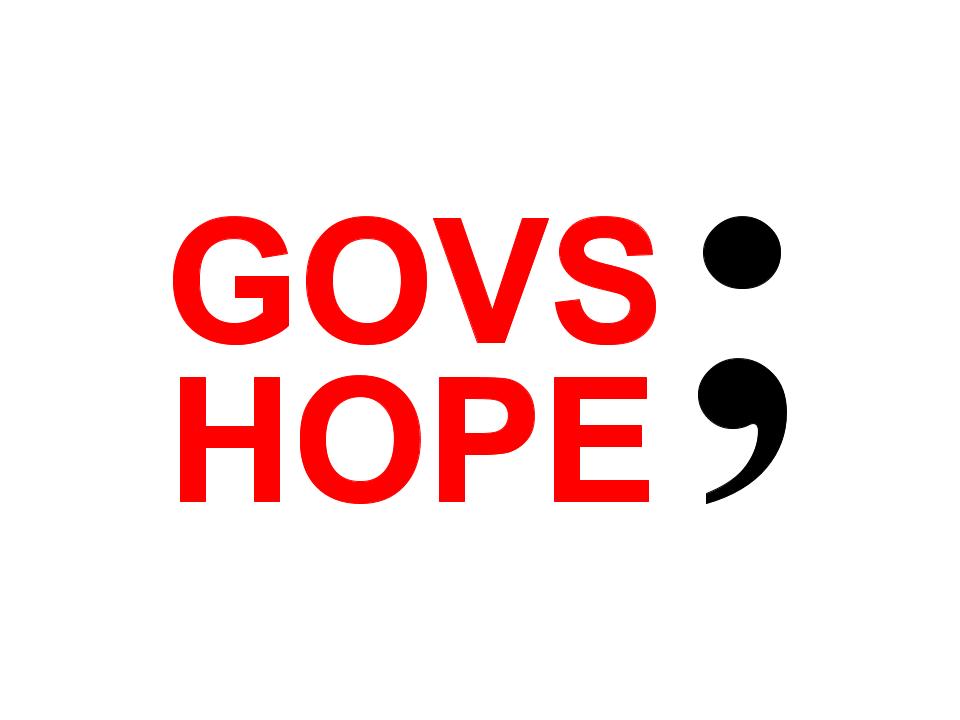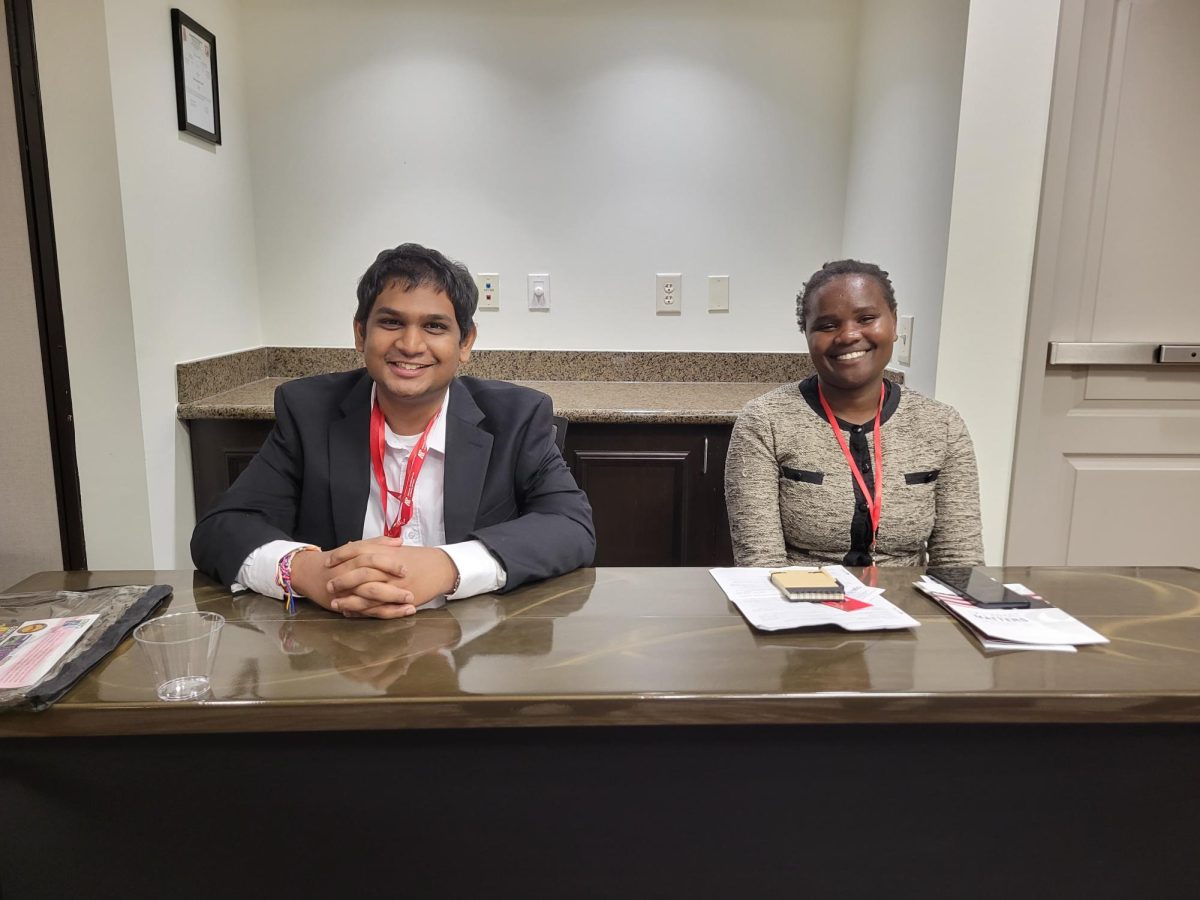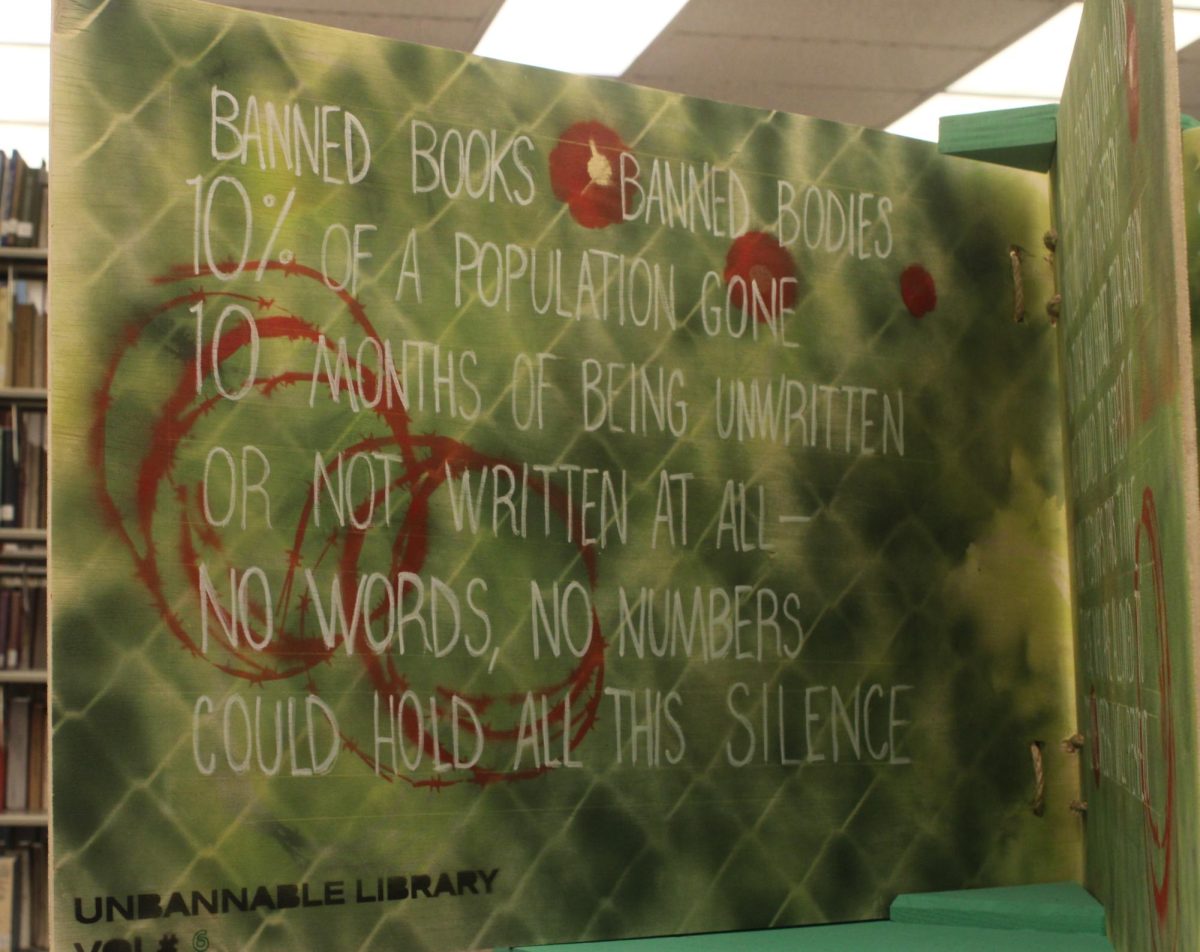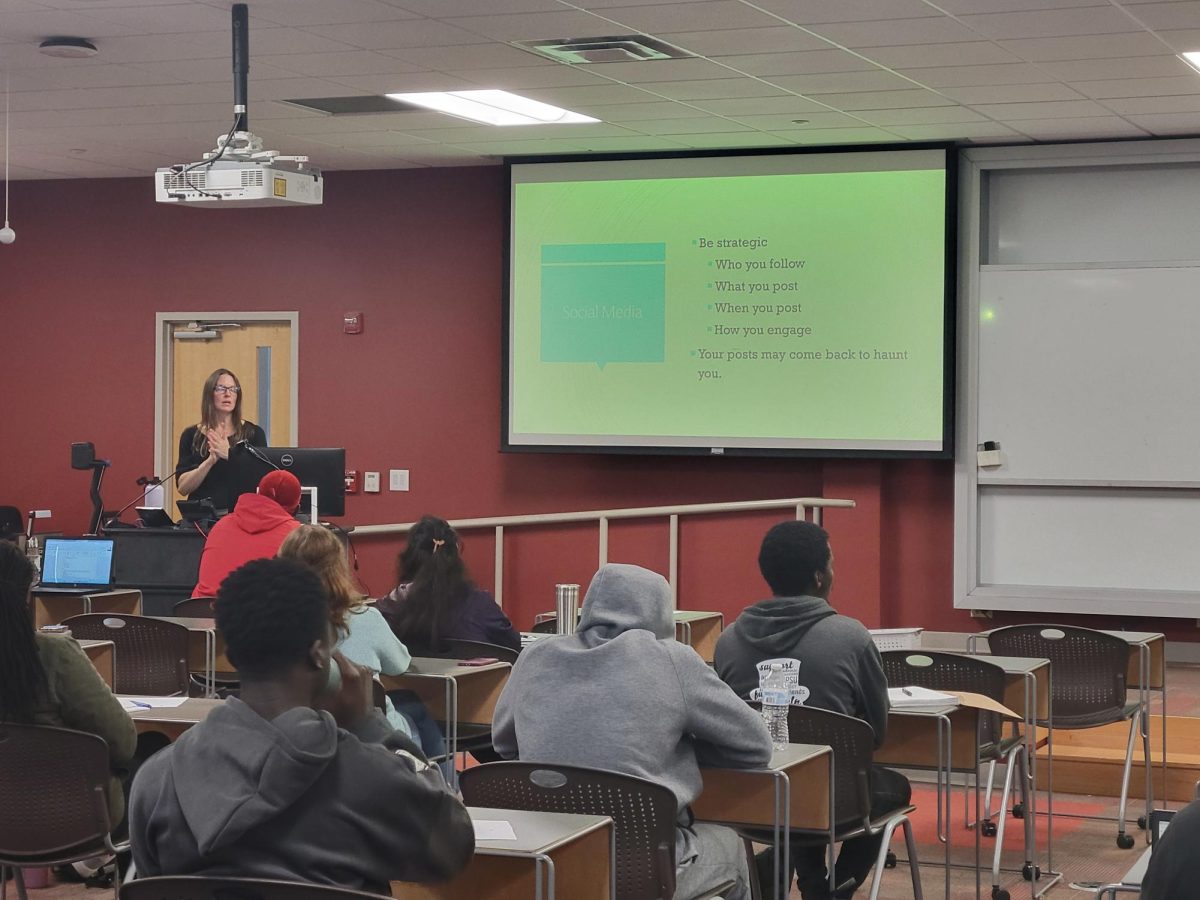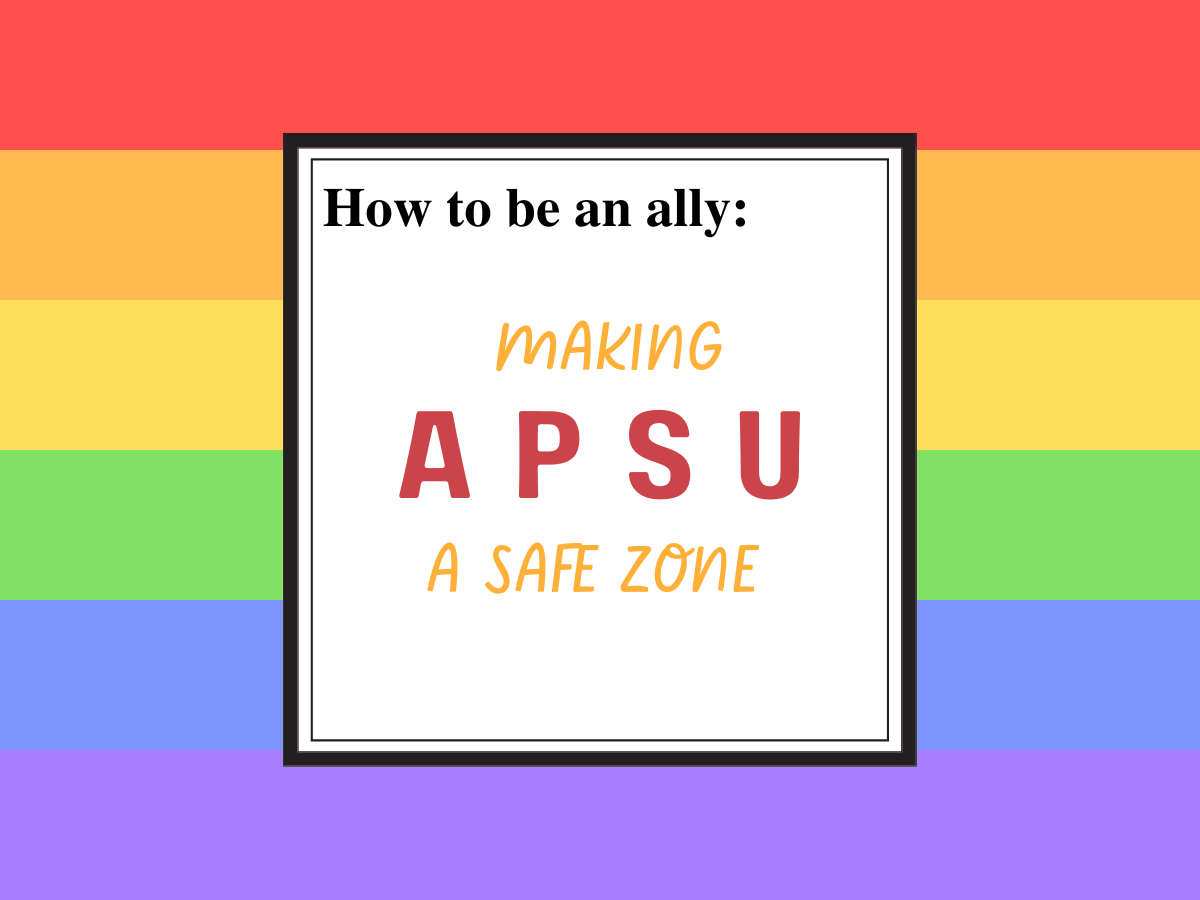
This week at APSU and across the nation, people recognized National Suicide Prevention Week.
“This is really the first year that we decided to go with the whole week of events,” Isaiah Hurtado, Coordinator of Student Wellness and Prevention at APSU said. “In the past, suicide has been a big initiative on our campus and we’ve slowly been building up over the last several years.”
On campus this week, there were several events which focused around suicide prevention and awareness. Some of which included: Sunset Yoga, Hope Rocks, Becoming a Gatekeeper a screening of “The S Word” at the housing quad.
“This is the first inaugural year of the branding of National Suicide Prevention Week here at Austin Peay, and we hope to continue that in the future,” Hurtado said.
The first event of the week was a kickoff event on Monday.

“Teaching them the warning signs of suicide, encouraging them to ask their friends, colleagues, family, peers, whoever about suicide if they see these warning signs, and then providing them the resources that they can turn to,” Hurtado said in regard to the kickoff event.
In the United States alone, suicide is the number two cause of death in people ages 10 to 34, preceded only by Unintentional Injury, according to the Center for Disease Control and Prevention’s 2017 report on Leading Causes of Death.
“That’s the purpose of what we’re trying to do, is to have students spread the word. I think for the first year, we’ve gotten great attendance. Our student body is one that is very engaged, in the community itself, and want to get involved,” Hurtado said. “That’s gotten us excited.”
“Unfortunately, throughout the world we lost 1100 students to suicide every single year. It’s a very important topic to us. Especially because it’s the most preventable form of death. Accidents are number one, but sometimes accidents can’t be prevented. However, we can play a part when it comes to suicide.”
There’s a stigma around the world that suicide is a topic better left alone. That stigma is present in all matters of mental health, and Hurtado plans to break that stigma by educating students on suicide.
“We hope so. A lot of students stay away from mental health. They don’t want to talk about mental health,” Hurtado said. “Just putting it out there, we hope our students will start talking about mental health, and suicide prevention. It’s one thing for us to say it, it’s another for a peer to say it.”
At every event this week, there have been resources available to all students attending. One such event even offers training on how to notice the warning signs, and how to talk to others about suicide. This event, called Becoming a Gatekeeper, is part of the Question, Persuade, Refer (QPR) program.
With QPR training, you learn that it’s okay to talk about suicide, and to ask a loved one if they’re thinking about suicide.
“I think people want to talk about this, but this training specifically is so important, because it’s for anyone to do,” Jo Baldwin, Director of Student Conduct and Case Management said. “It’s practical advice to give, about having conversations with people they care about. That is something we need more of in our world.”

Most people who have survived an attempt at suicide have said that all they wanted was for someone to ask them how they were feeling, and that’s what Baldwin and Hurtado are teaching people to do.
If you or a loved one are having suicidal thoughts, contact the National Suicide Prevention Hotline at 1-800-273-TALK (8255), or text TN to 741741 to talk to someone. These lines are open 24 hours a day.

